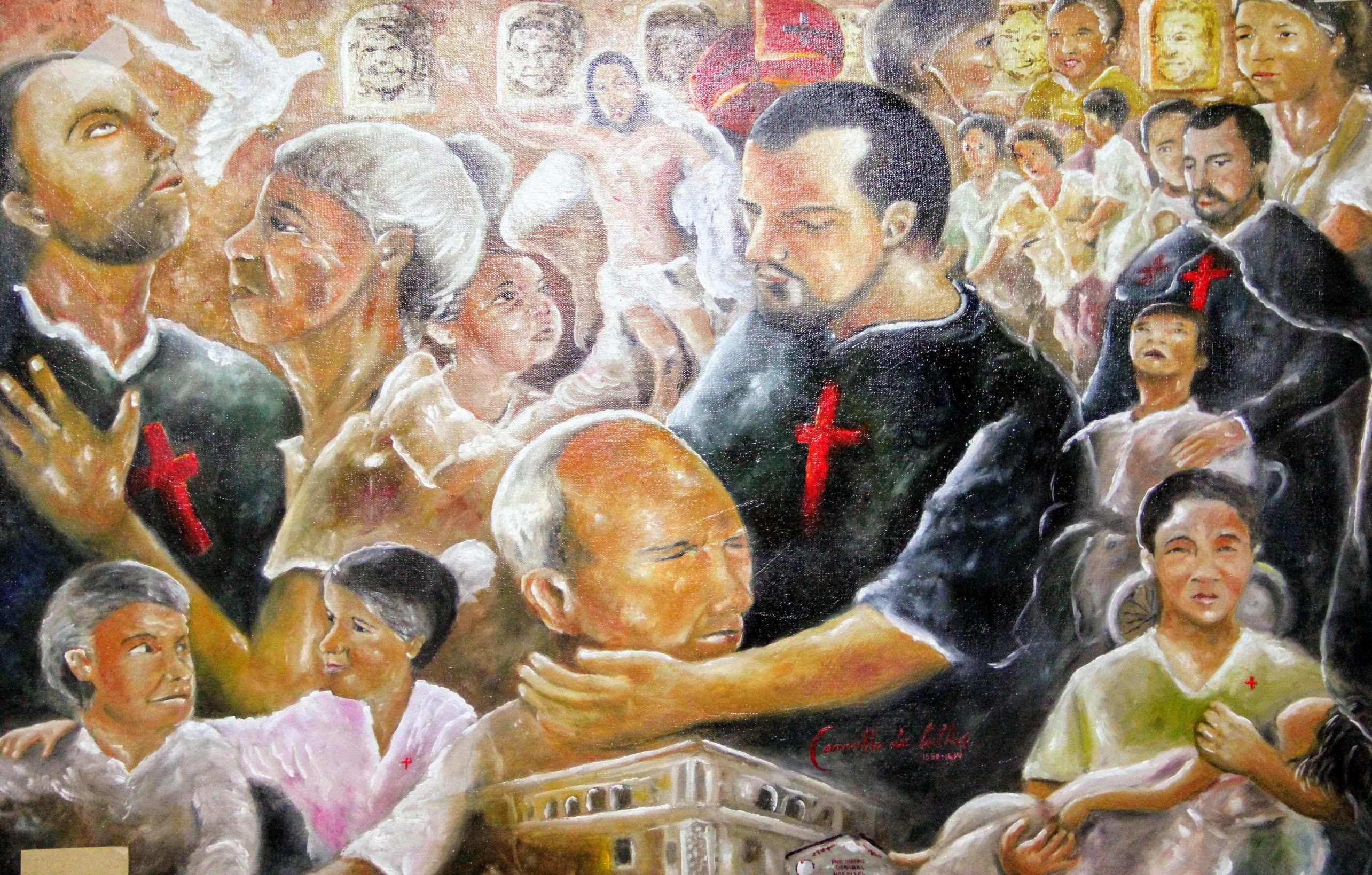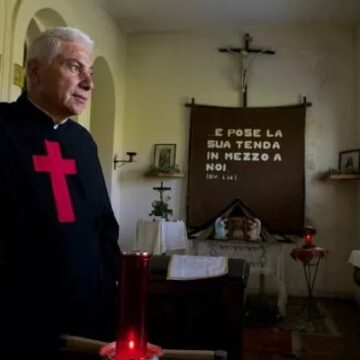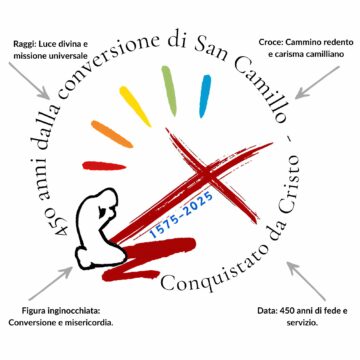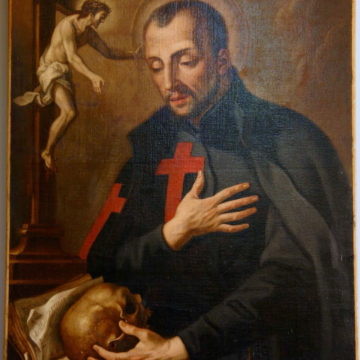The following is a small part of the report that Fr Raoul Tekou, a Camillian religious from the Benin Togo Province gave during the General Chapter
The words of the ancient prophets still sound out today in the hearts of the sons of St. Camillus, especially in their mission towards the last, those whom the Bible called the anawim, the poor and the excluded. When Isaiah reacted energetically because Jerusalem had stopped being the faithful spouse and had transformed itself into a prostitute (1:21-26), and the vineyard tended by God had produced only wild fruit (5:1-7), it was faithfulness to the faith that concerned him. This faith is the absolute guarantee for respect for human life. And when Amos, in his turn, denounced numerous injustices, namely the arbitrariness of judges, the corruption of the authorities, the greed of landlords, and the oppression of the governors, or when Hosea stigmatised injustices and the reigning corruption (4:1-2), it was the sacredness of the human person that they proclaimed – the fundamental precondition to not falling into a false piety (1:10-20).
Following the words of the prophets, and illuminated by faith in Jesus, the Camillians place the human person at the centre of things, thereby proclaiming the sacredness of human life. This takes place through choices and concrete commitments that mark their lives. The credibility of the modern prophet requires moral rectitude, a harmony between words and life, and consistency between saying and doing.
The principal pre-condition for this prophecy is to place our roots in our own tradition, as the ancient prophets did, and to look with courage at new horizons. Bearing in mind particular contexts, one must open oneself to the visionary dimension which involves the imagination, the dream of a possible future that goes beyond fears and comfort.14 One thus understands the fundamental option which is translated into principles and action rooted in the tradition of the Camillian charism:
- Overall service for all the categories of the sick, the disabled, the elderly, families and those who are socially excluded, with the devotion of special attention to the poorest.
- The promotion of health, prevention, complete care for the sick person, scientific research, and the relief of pain.
- Humanistic, professional and ethical formation and the Christian animation of professional and voluntary health-care workers in the world of health. – The humanisation of health-care institutions and services
- Pastoral care in health provided in the Christian community and in both ecclesiastical and civic socio/health-care and health-care institutions.
Here the prophetic spirit achieves, beyond the activity of validating and protesting, the concrete proposal of living faith which makes respect for the human person and above all the weakest, the anawim of YHWH, of central importance. A Camillian spirit exists which contains still today a prophecy for humanity.
Conclusion
The prophets engaged in a moral reading anew of their time in the light of the faith of the people of Israel which did not separate worship from the tradition of social justice. The Camillian is a prophet in his consecrated being and in his works, in his way of interpreting the reality that surrounds him, always starting from the words of mercy received from the prophets. Choosing to live for the last, becoming their defender, is the best way of bringing to the fore the prophetic message of the Bible. In this sense, the prophetic spirit creates, nurtures, and makes grow and blossom the Camillian spirit. Thus Biblical prophecy inspires and accompanies the Camillian vocation and Camillian work, both of which contain a prophetic spark by which to illuminate human reality in its daily complexity.
In the image of the prophets of the Bible, the Camillian is called and sent to bring a divine message and to engage in actions that pose questions to the human conscience at the personal, ecclesial and political-administrative levels. The question of audacity remains, the courage to see beyond reality. The ability to dream, to imagine a splendour that no longer exists, and to find the strength to make it the future.












Camillians on Facebook
Camillians on Twitter
Camillians on Instagram